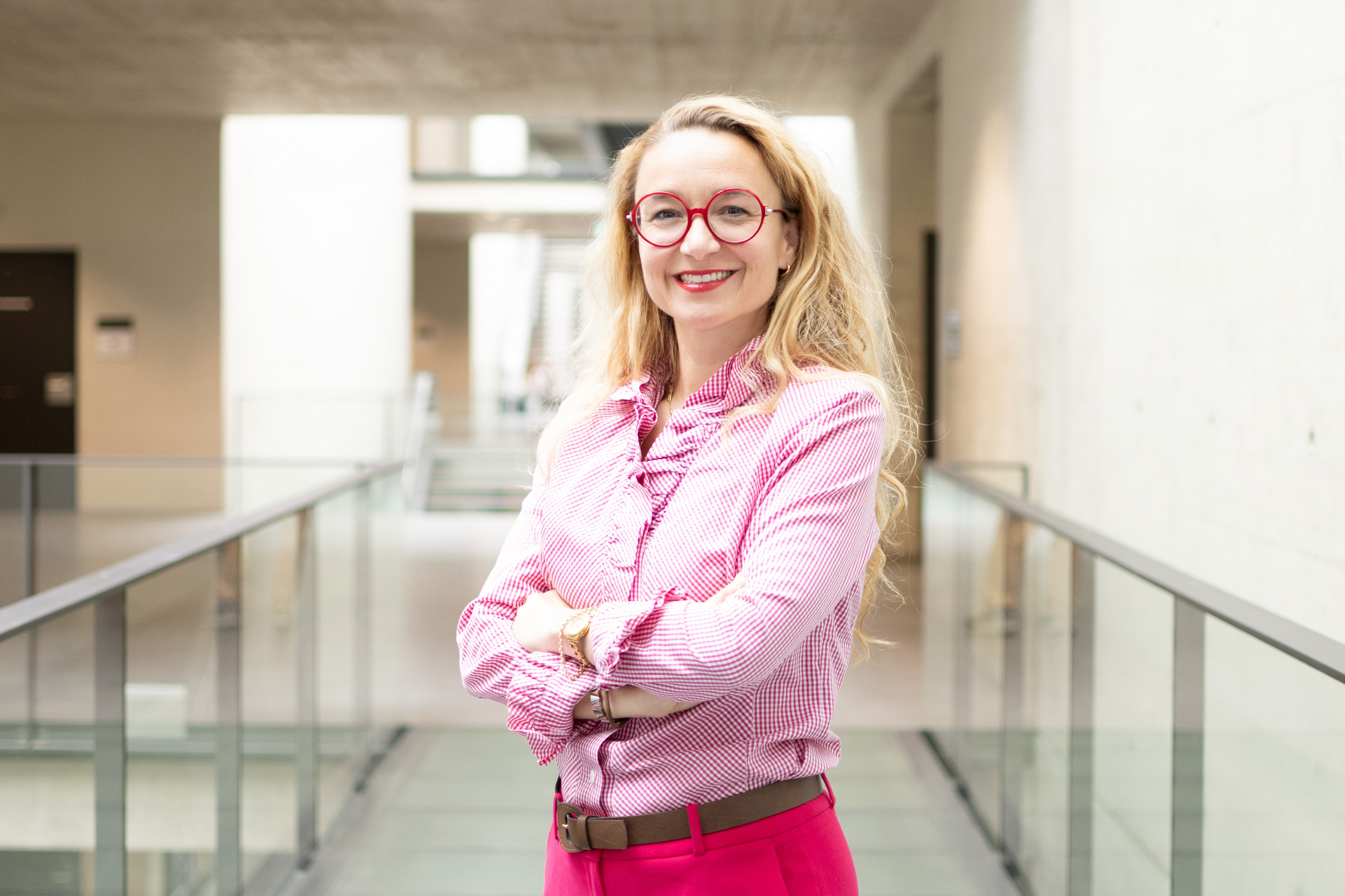FAQ
General
-
What type of visa/permit do I need to study at iimt?
Our Executive programmes are designed for working professional. Therefore, a student visa cannot be requested for our programmes. We do not provide any assistance for your visa/permit application.
Programmes
-
Do I have to be on site in order to follow the course?
Yes, attendance on site is required for the majority of your classes. Each of our CAS programmes includes 4 to 6 modules and concludes with a final thesis, which can be completed remotely. That said, we maintain a close relationship with our students and are always willing to find flexible solutions when necessary
-
When does class start in the mornings?
Classes usually start at 8:45a.m. and end around 4:45pm. Modules often start on Thursdays and end on Saturdays.
-
What is the format of the exams?
Each CAS has a midterm exam and a final thesis to be written, often with presentation/pitching. The format of the exam varies according to the professor’s decision. It could be a written exam, an oral exam/presentation or assignments throughout the course.
-
How long has my thesis to be?
A CAS thesis is typically 10–20 pages long and must be completed within 3 months of topic approval. A DAS thesis usually ranges from 20–30 pages and is to be submitted within 4 months, while an EMBA thesis spans approximately 30–40 pages and should be finalized within 5 months.
-
How much time will I need to dedicate to the programme?
The amount of time spent studying outside the classroom varies by individual. Based on the participant’s feedback, we recommend planning for an average of 2 hours of independent study for every hour of classroom instruction. In addition, we estimate the time required to complete a thesis as follows: approximately 40–60 hours for a CAS thesis, 60–80 hours for a DAS thesis, and 80–120 hours for an EMBA thesis.
Admission
-
What are the admission criteria?
Our admissions policy aims at securing the highest caliber of participants. The following criteria are taken into consideration:
- Hold a university degree or equivalent.
- Minimum 3 years of work experience
- Fluency in English (min B2)
Given the high value we place on professional experience, applicants may also be admitted based on their portfolio (sur dossier’) if their work background is deemed relevant.
Fees
-
Do you have a flexible payment plan?
A personalised instalment plan can be arranged on a case-by-case basis. However, the first payment must be made before the programme begins, and the final payment is required prior to the issuance of the diploma.
-
Do you provide any sponsorship?
No, we do not offer sponsorships. However, we do have partnerships with companies such as Swisscom and GroupeE. If you are employed by one of these companies, you may benefit from a special discounted rate supported by them. A couple of foundations also offer loans at favourable rates to support education projects. In Switzerland, for example, you can get in touch with EDUCA SWISS or Splendit.
Tax benefits
-
Can my education fees reduce my taxes in Switzerland?
Yes, in Switzerland education costs are tax-deductible if the program is job-related and not your first education. You may deduct up to CHF 12,000 per year (federal taxes) and similar or higher limits may apply for cantonal taxes (varies by canton).
-
What can be deducted from my income?
The following costs may be deducted:
- Tuition fees
- Course materials
- Exam fees
- Travel and accommodation (if related to the program)
- Equipment (partially, e.g., laptop)
Our hint: Spread payments across years to maximize deductions and keep all receipts and be ready to explain the career relevance.
Contact

If you have any questions, do not hesitate to ask us.
Anne-Emmanuelle Blum
Monday, Tuesday and Thursday morning
+41 26 300 84 28
anne-emmanuelle.blum@unifr.ch
